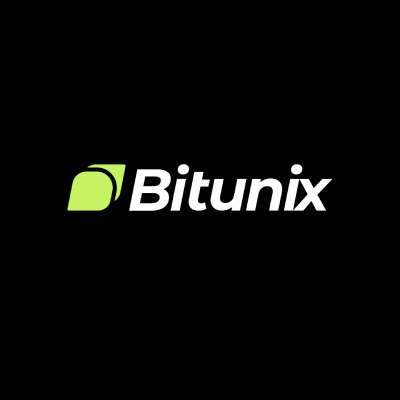De zkSync à LayerZero, comment les attaques Sybil affectent-elles l’émission de jetons ?
Auteur original : Builders
Traduction originale : TechFlow
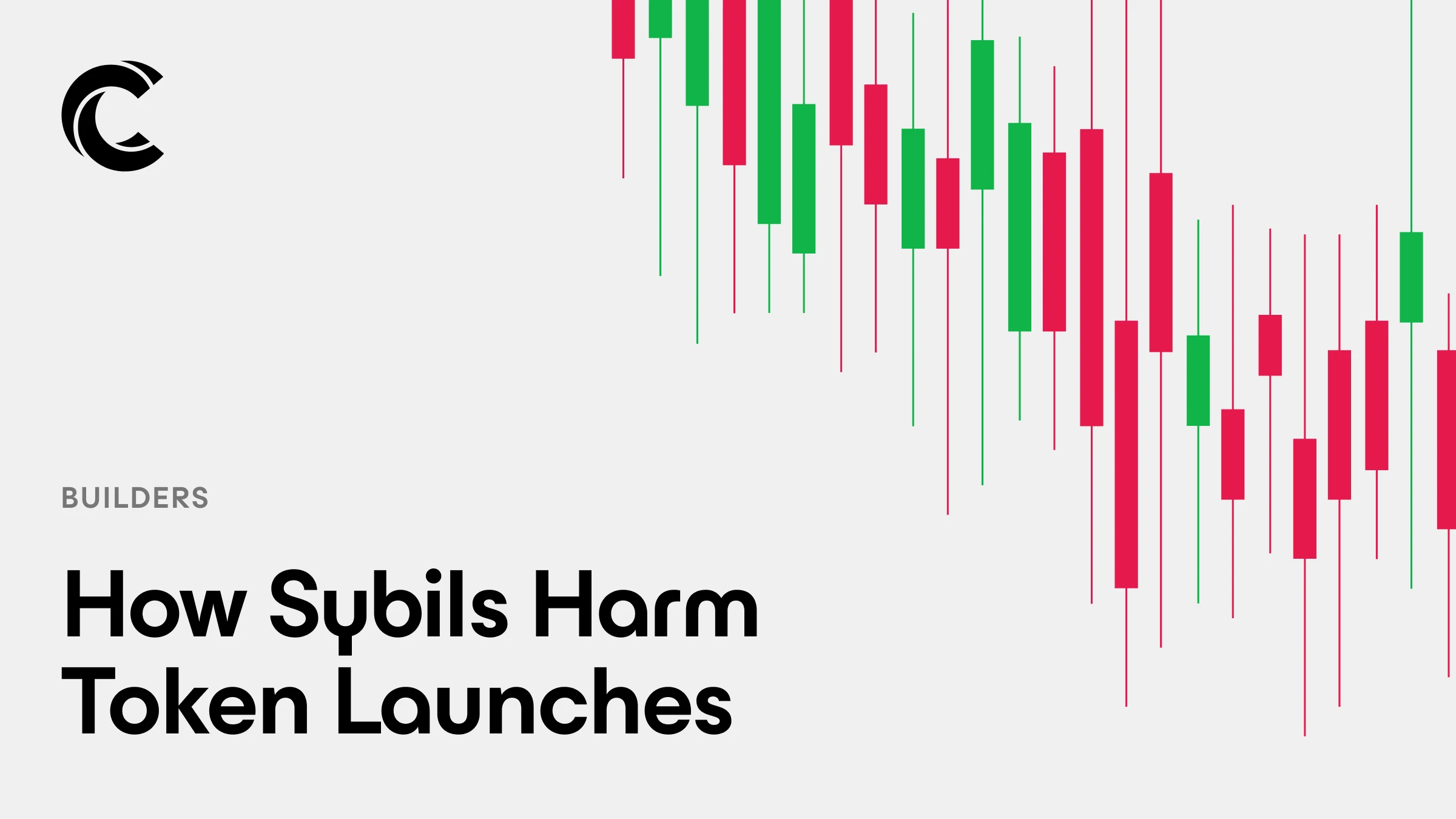
The token launch is a critical moment in a project’s history. If you screw up the token launch, it could be the end of the project.
Nothing can destroy the credibility of a token offering faster than a Sybil attack, in which a malicious actor creates multiple false identities in an attempt to gain a disproportionate amount of influence and token distribution in the network.
No one wants to see a fake community.
Next, we will explore how Sybil attacks affect token issuance through two recent airdrop cases: zkSync and LayerZero.
Synchronisation zk
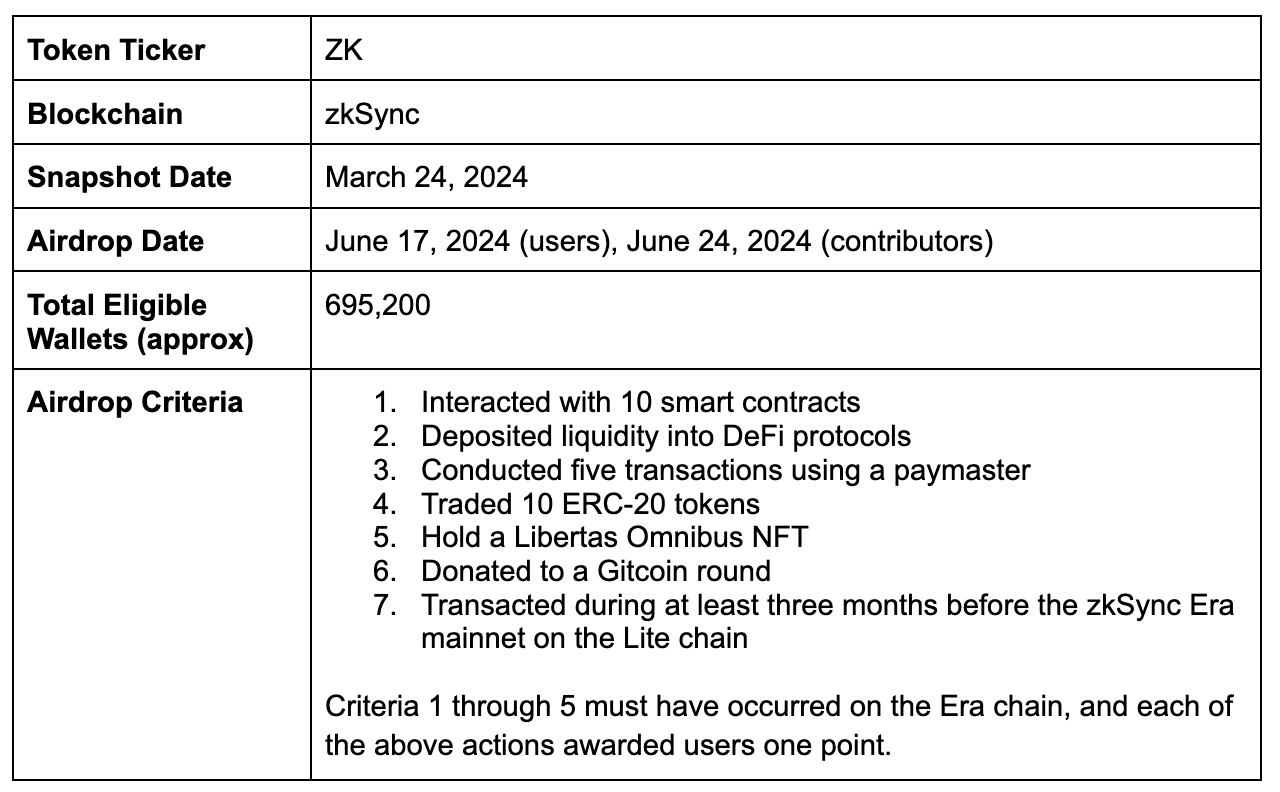
zkSync is an Ethereum Layer 2 scaling solution that uses zero-knowledge proofs and was one of the most anticipated airdrops in 2024. However, it has received a lot of criticism due to its lack of Sybil protection. For example, Mudit Gupta, Chief Information Security Officer at Polygon Labs, commented on X:
The zkSync airdrop has been released.
This is probably the easiest airdrop to farm ever.
As far as I know, there is almost no Sybil filtering done.
It is easily available in large quantities to anyone who understands the standards.
This makes it easier to understand LayerZeros efforts in Sybil filtering.
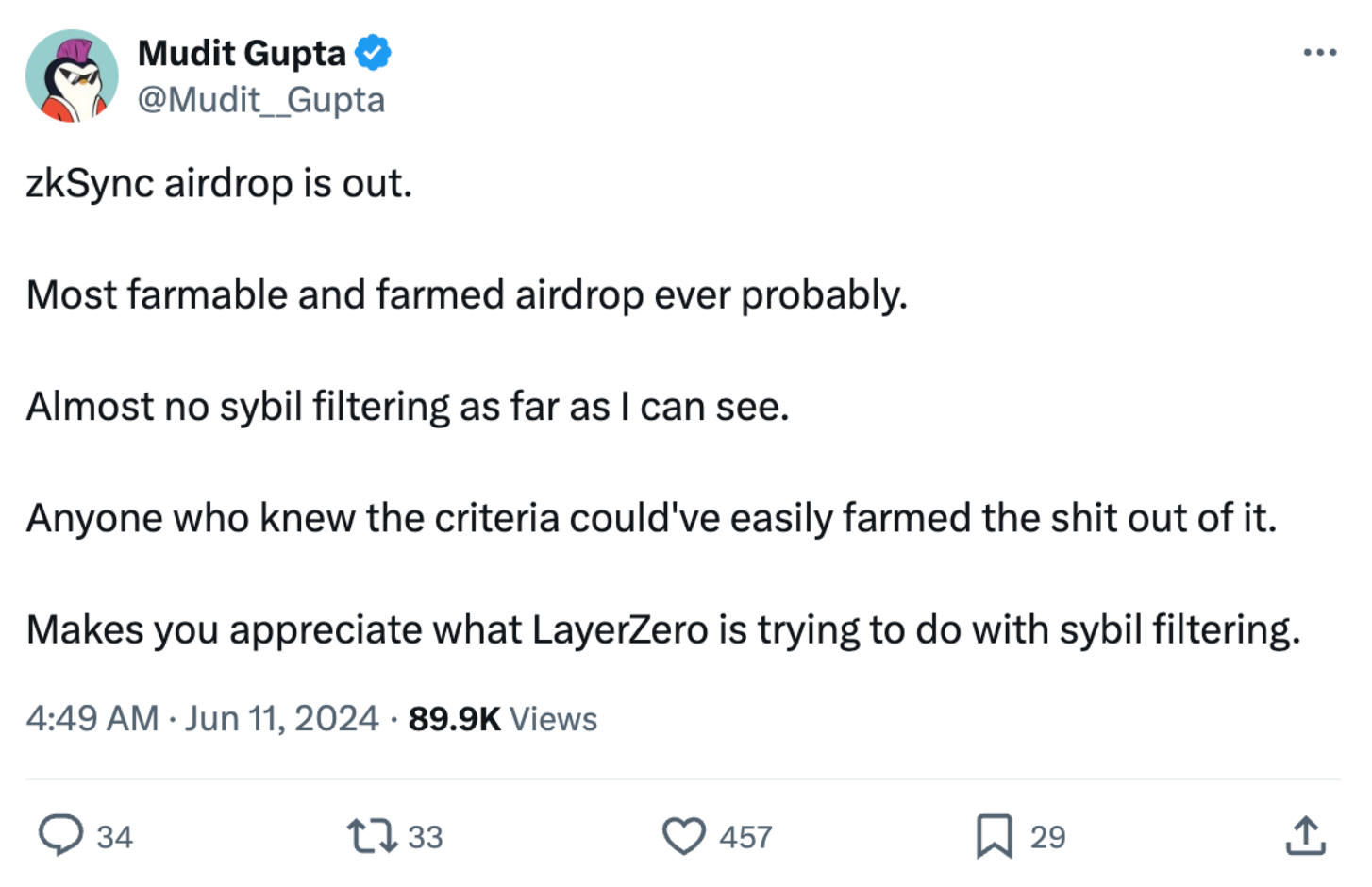
Adam Cochran, partner at Cinneamhain Ventures, expressed similar concerns :
I like the zkSync team, but from a Sybil prevention perspective, this airdrop was indeed not well planned.
These criteria are easy to miss for real users, but easy to achieve for farming users, and there are no anti-Sybil measures.
With on-chain projects so new and limited in number, real users may only use 1-2 dapps or hold a small number of tokens.
If projects don’t want “speculators” who sell quickly, they need to spend more time on this aspect.
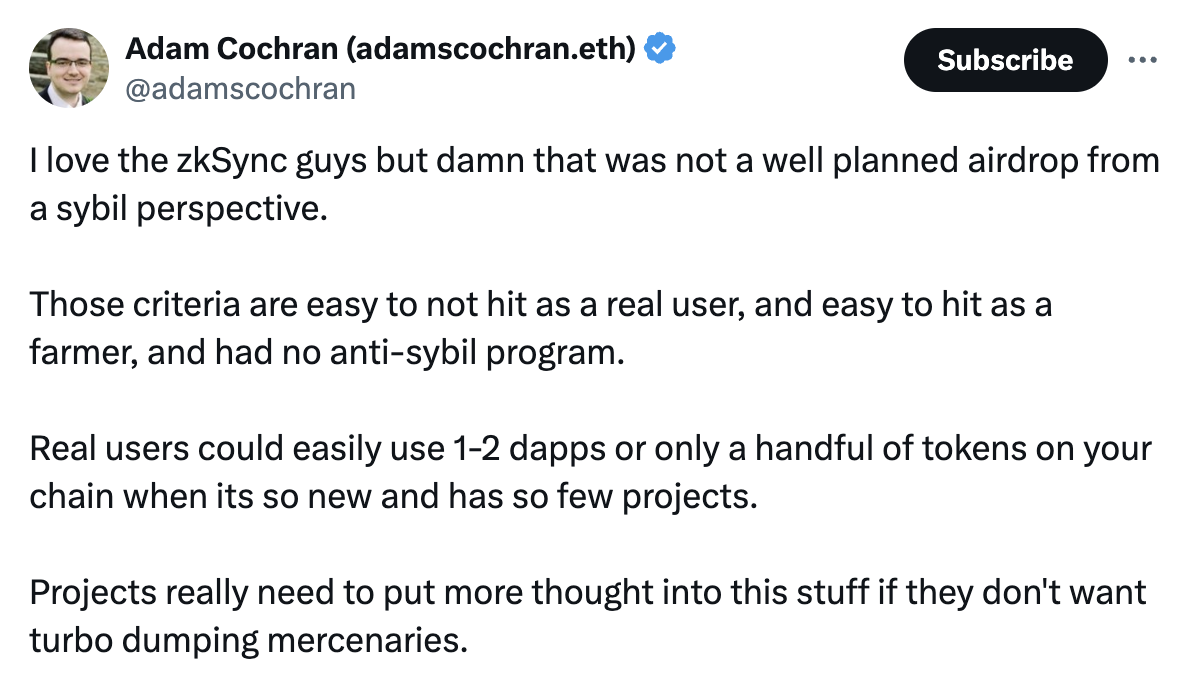
zkSync network activity
In the month after the zkSync airdrop to users on June 17, 2024 (as of July 17, 2024), the number of active addresses on the network decreased by about 78.7%. This shows that most users just wanted to get the airdrop and then abandoned the project.

The number of daily depositors also shows a similar trend – on July 17, 2024, there were only 32 depositors, while the peak was 41, 257 on March 25, 2023.

After the airdrop, over 40% of zkSync top recipients sold all of their allocated tokens, and 41.4% sold part of their allocation. Currently, only 17.9% of these top recipients still hold their tokens. According to @CryptusChrist , 746 known Sybil attackers received approximately $6.9 million in ZK tokens in the airdrop.

ZK Price Chart
Unfortunately, the ZK sell-off — most likely orchestrated by a Sybil attacker — exacerbated market selling pressure, causing the token price to drop by approximately 39.29% between the user airdrop date (June 17, 2024) and July 23, 2024.

So, what went wrong with zkSync? First, the team’s airdrop qualification criteria was relatively easy to exploit by Sybil attackers and lacked effective Sybil prevention measures. In addition, zkSync also excluded certain legitimate users , such as projects that built on zkSync ERA and directly contributed to its ecosystem.
Now, their team needs to redouble their efforts to re-engage the significant price speculation that was driven by the Sybil attacker’s fake activity.
CoucheZéro
LayerZero is an interoperability protocol designed to facilitate seamless communication and asset transfer between different blockchains. Unlike the two examples above, LayerZero implements strong Sybil protection measures.
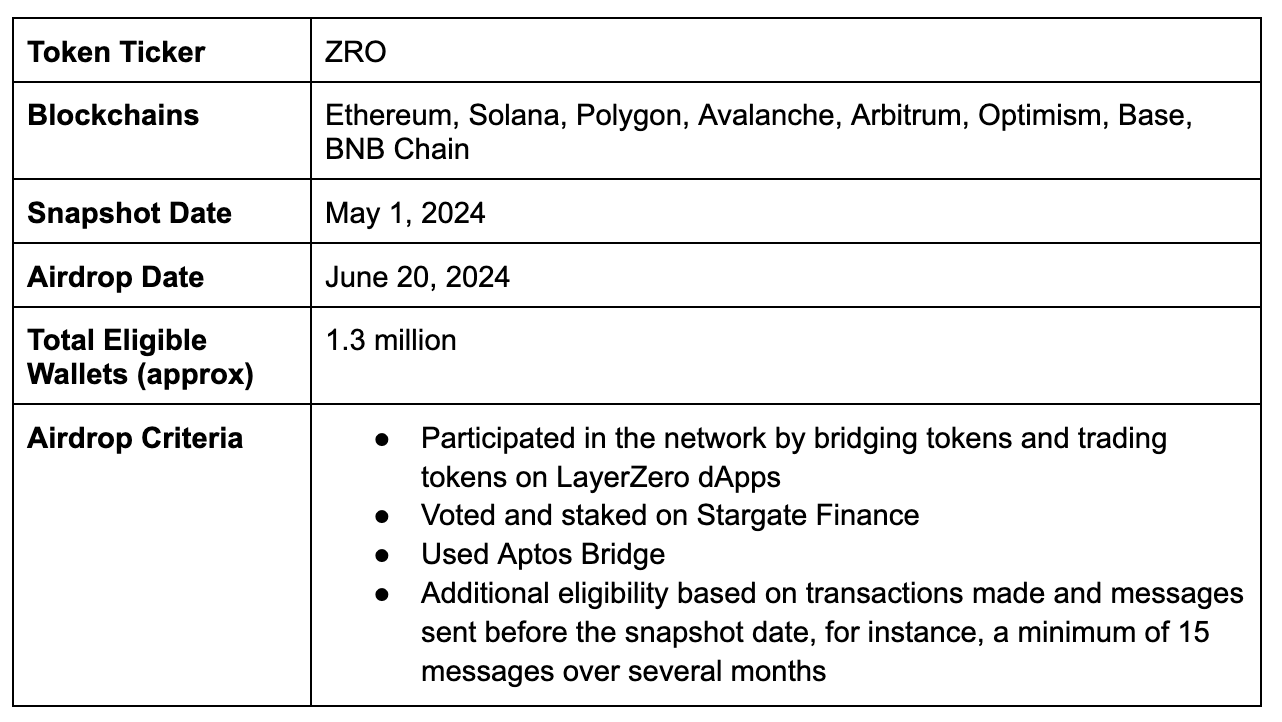
According to Bryan Pellegrino, CEO of LayerZero Labs, the team ultimately identified between 1.1 million and 1.3 million unique Sybil wallets during the Sybil self-reporting and analysis phase , and their team continues to engage and reward the community for reporting Sybil attackers.
LayerZeros network activity
Between April 30, 2024 (the day before the snapshot date) and July 7, 2024, the number of messages on LayerZero dropped by 91.5%.
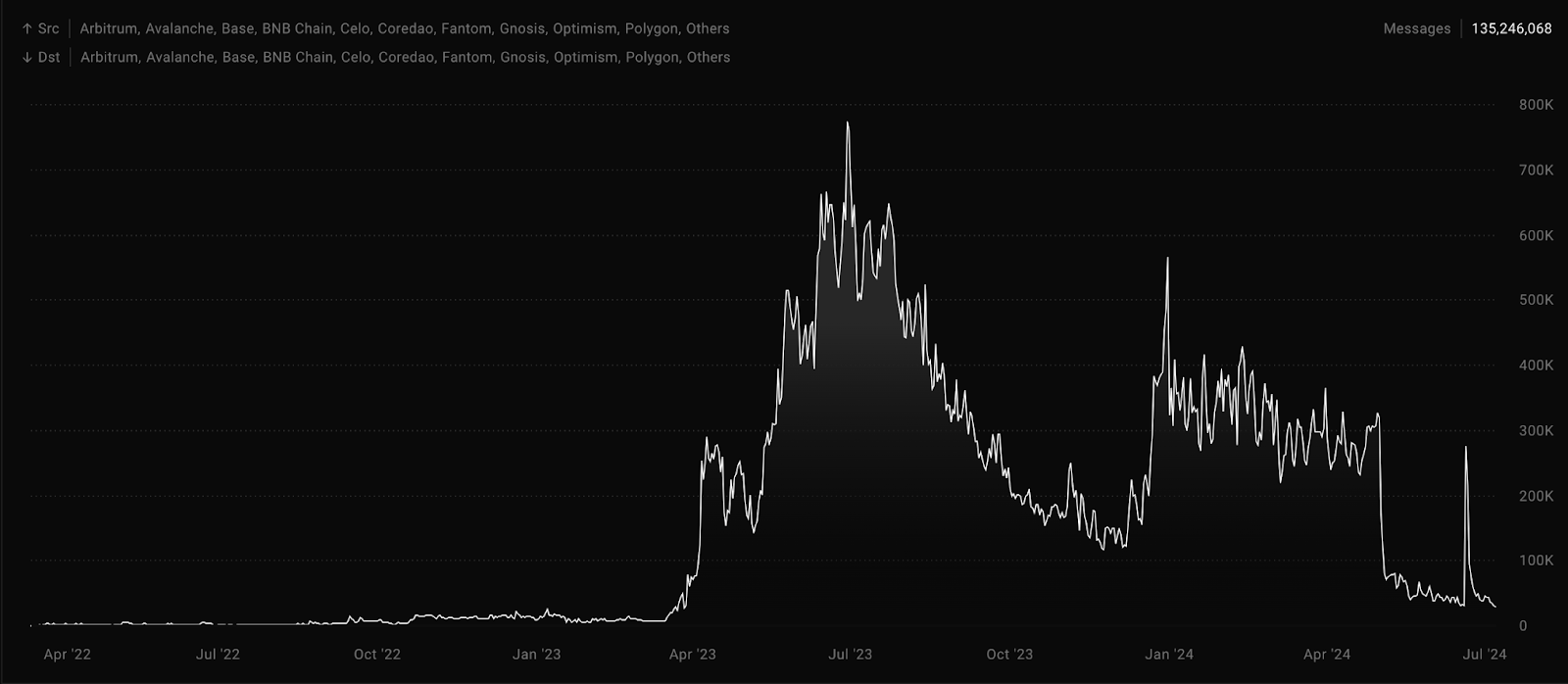
Likewise, the number of daily transactions also dropped by over 92% between the snapshot date and the airdrop date.

This drop is partly due to the fact that users generally ceased activity after the snapshot date, as they no longer needed to trade to qualify for the airdrop. However, the Sybil prevention approach of the aforementioned teams may have also influenced this drop, allowing them to conduct airdrops with fewer Sybil attackers.
ZRO Price Chart
From June 20, 2024 (the airdrop date) to July 18, 2024, the price of LayerZero’s native token, ZRO, dropped from $4.79 to $4, a drop of approximately 16%. This drop was significantly less than the 39% drop in ZK over a similar time period. Notably, despite the drop in LayerZero’s network activity, the price of ZRO eventually exceeded its initial listing price.
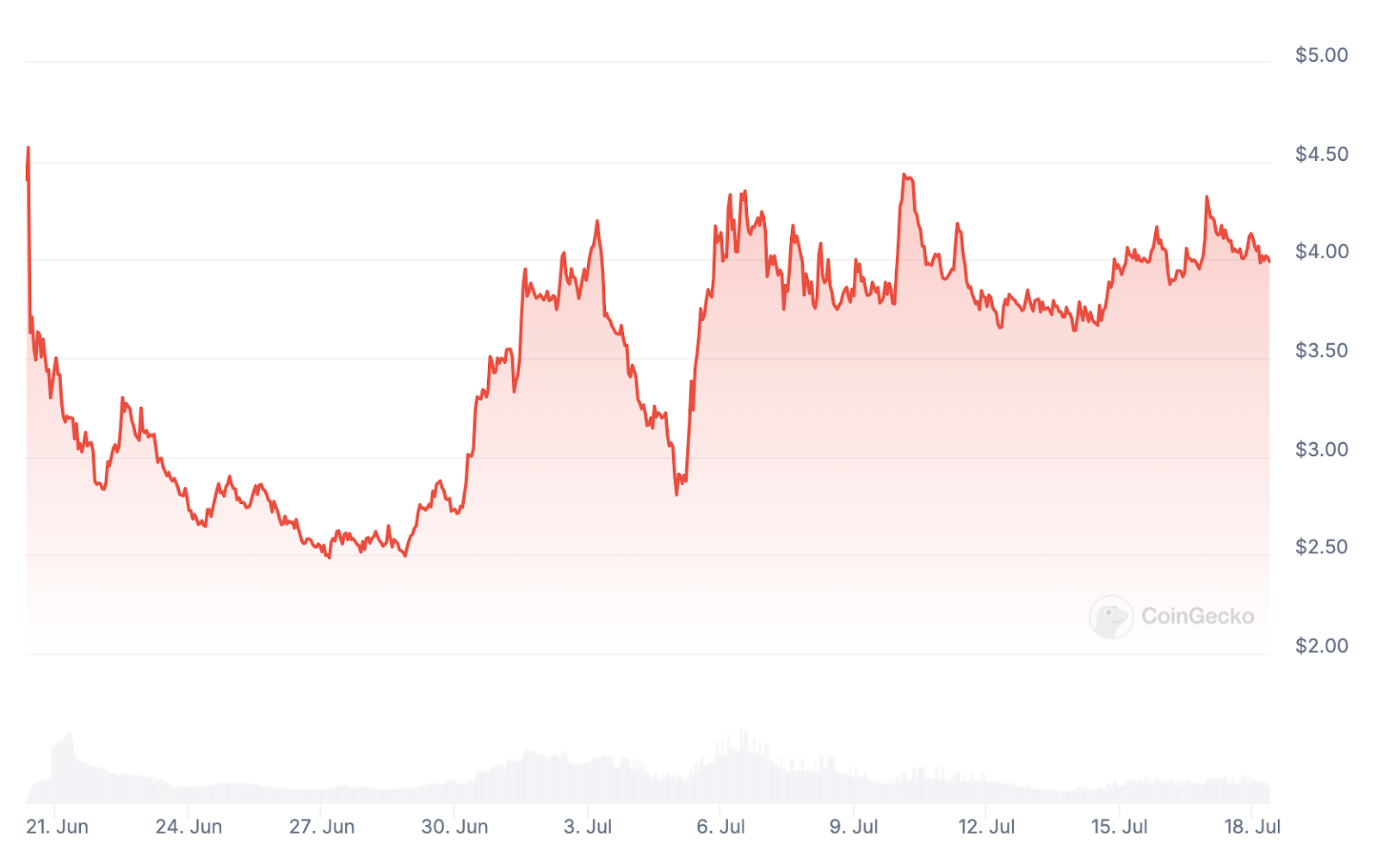
While it’s difficult to pinpoint all the factors that have contributed to LayerZero’s relative price stability, its Sybil-proofing technology may have played a role.
Why should builders care about witch prevention?
In the short term, Sybil attacks may appear to be beneficial to a project as they can artificially boost data and generate immediate profits.
However, as shown in the above examples, introducing a Sybil attack can lead to token sell-offs and a drop in network activity — both of which can erode the long-term sustainability of a project.
When Sybil attackers are removed, legitimate participants have more opportunities to participate and contribute, as the removal of fraudulent entities frees up valuable slots.
Most teams launching via airdrops need to work harder to re-engage the significant price speculation and network activity that was driven by fake activity. No one wants to see a fake community.
This article is sourced from the internet: From zkSync to LayerZero, how do Sybil attacks affect token issuance?
Original | Odaily Planet Daily ( @OdailyChina ) Author | Asher ( @Asher_0210 ) With the strong rebound of BTC today, the GameFi sector has also seen a good increase. At the same time, many popular blockchain game projects will have big moves this week. Therefore, Odaily Planet Daily has summarized and sorted out the blockchain game projects that have been popular recently or have popular activities. Secondary market performance of blockchain gaming sector According to Coingecko data, the Gaming (GameFi) sector rose 4.9% in the past week; the current total market value is $ 17,917,501,867 , ranking 35th in the sector ranking, down two places from the total market value sector ranking last week. In the past week, the number of tokens in the GameFi sector increased from 376…





